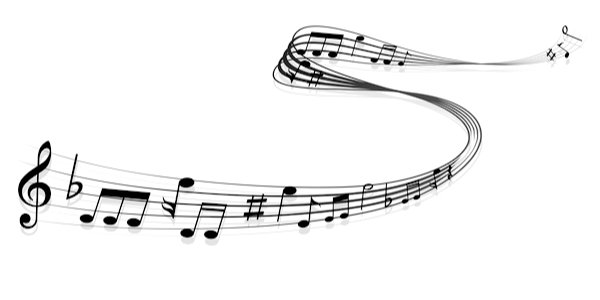THIS masterpiece is Bach’s second Passion to survive in its entirety. The first was the St John Passion, written in the first year of his first as director of church music in Leipzig and first performed at Easter 1724. Bach is thought to have started work on the St Matthew Passion in 1725 but it was not performed until 1727, probably on Good Friday, April 11, and subsequently revised several times.
It is based on the Gospel of Matthew, Chapters 26 and 27. The German libretto is by Christian Friedrich Henrici (1700-1764), a civil servant who wrote poetry under the pen-name Picander. It was one of the first of many works on which he and Bach collaborated. In some cases, Henrici’s texts have survived and Bach’s settings have not.
The St Matthew Passion consists of 68 parts and takes well over two and half hours to perform. My favourite part is the final chorus Wir setzen uns mit Tränen nieder (We sit down in tears).
These are the words in German and the English translation:
Wir setzen uns mit Tränen nieder
Und rufen dir im Grabe zu:
Ruhe sanfte, sanfte ruh!
Ruht, ihr ausgesognen Glieder!
Euer Grab und Leichenstein
Soll dem ängstlichen Gewissen
Ein bequemes Ruhekissen
Und der Seelen Ruhstatt sein.
Höchst vergnügen schlummern da die Augen ein.
We sit down in tears
And call to thee in the tomb:
Rest softly, softly rest!
Rest, ye exhausted limbs!
Your grave and tombstone
Shall for the unquiet conscience
Be a comfortable pillow
And the soul’s resting place.
In utmost bliss the eyes slumber there.
Here is a vintage recording from 1973 conducted by Herbert von Karajan, which I like for the stately tempo.
Here is a live performance of the whole work in 1994 by the choir of King’s College Cambridge with the Brandenburg Consort. The orchestra is led by Roy Goodman, who was the treble soloist in Allegri’s Miserere which I wrote about yesterday.
If you appreciated this article, perhaps you might consider making a donation to The Conservative Woman. Unlike most other websites, we receive no independent funding. Our editors are unpaid and work entirely voluntarily as do the majority of our contributors but there are inevitable costs associated with running a website. We depend on our readers to help us, either with regular or one-off payments. You can donate here. Thank you.
If you have not already signed up to a daily email alert of new articles please do so. It is here and free! Thank you.











